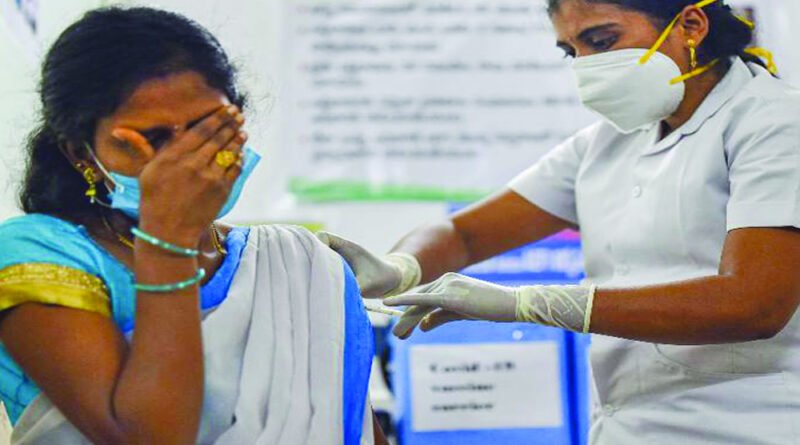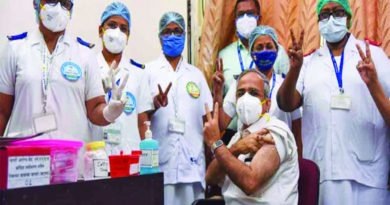Jab gap rethink
As confusion abounds, India still lacks a comprehensive outlook on tackling the virus
The latest UK medical study says the Oxford-AstraZeneca vaccine against the Delta variant of COVID-19 is 92 per cent effective against hospitalisation after two doses and suggests that it is “vital to get both doses as soon as they are offered to you, to gain maximum protection against all existing and emerging variants”. That has made the Indian Government experts rethink on reducing the gap between the doses that now stands at 12-16 weeks. Should the Government be doing a rethink every time a study surfaces? Each has its own definition of the efficacy of the vaccines and doses. Percentages differ. Criteria also vary. Demographic situations in countries are starkly different. Each study has its own, internal purpose. The UK-based studies are analysing symptomatic infections. India is looking for effectiveness against severe disease. That leads to the question: Where is the real-world data in India? Take the jab gap issue, for instance. Independent virologists say there is no real-world data in India to establish the most effective jab gap. The Government on May 13 increased the gap to 12-16 weeks from six-eight weeks, reportedly based on a UK study even though the UK itself reduced the gap from 12 to eight weeks much before data was available on vaccine efficacy. The country merely went by the criterion of greater infectiousness of the variant. Now, there is a rethink in India about the gap. Members of the National Technical Advisory Group on Immunisation say they only recommended a gap of 8-12 weeks because they had no data about efficacy of a gap beyond 12 weeks.
They say the 12-16 weeks idea came from the Government. Dr NK Arora, chairman of the COVID working group on vaccines, has no reply other than that there is no dissent within NTAGI. So, whom to believe? Secondly, Dr Arora quotes two Indian studies from PGI, Chandigarh, and CMC, Vellore, to say that irrespective of dose interval, “both the doses are having similar protection against the Delta variant (B.1.617.2) and Alpha variant (B.1.1.7)”. But the Vellore study says: “Our study corroborates these studies that vaccination is protective, although we did not look at the variants responsible for the massive second wave.” So, whom to believe? The issue is, India still lacks a comprehensive outlook on tackling the virus. Vaccination, medical care and safety protocols that make up the outlook are seen more in isolation than unison. The basic nature of the vaccine is it will not stop the infection, but only reduce the severity. That means medical facilities for COVID-19 positive patients are as important as vaccination. That also means the Government has to strictly enforce safety protocols. In reality, however, the availability of vaccine is erratic, there is no informed stand on jab gap, new cases continue to be reported and the States are eager to lift the lockdown substantively, if not fully, well aware that people are throwing caution to the wind, prompting fears of a relapse.
Source:The Pioneer




